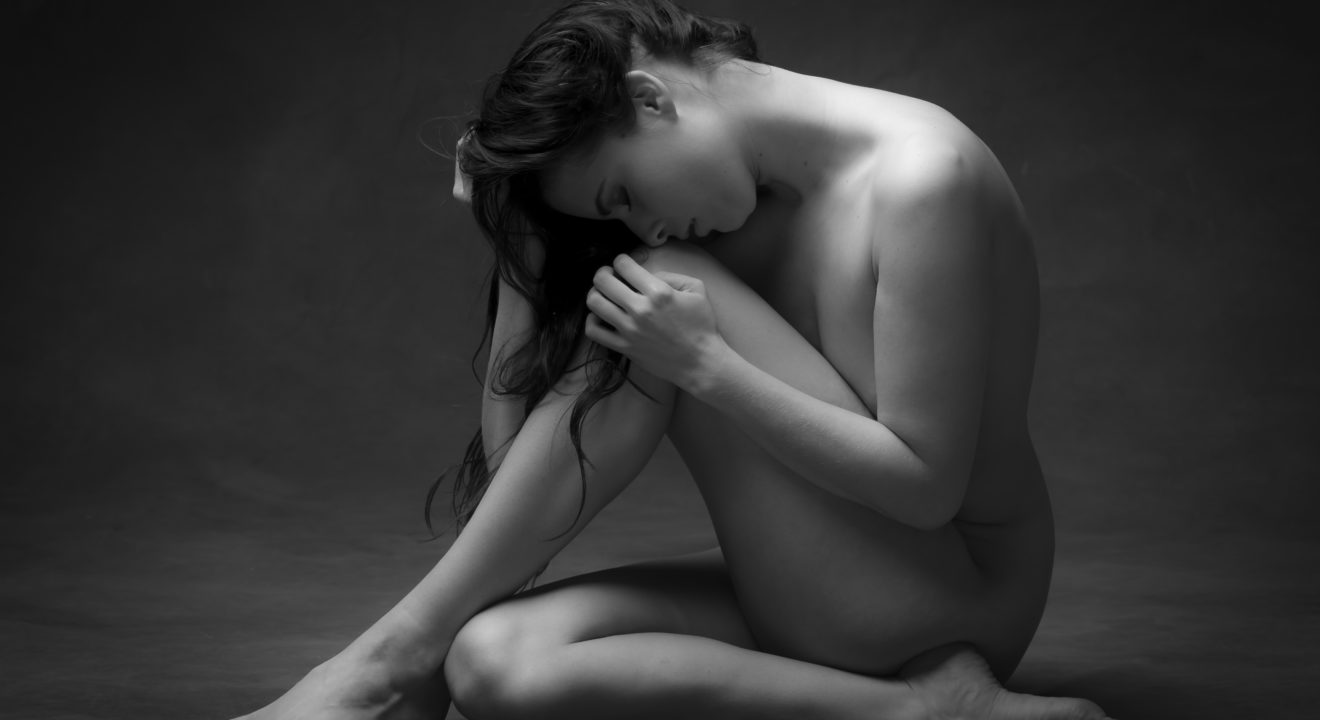Mentorship November 22, 2016


Independent and powerful #WomenThatDo who live in a man’s world are taught to put on a suit of armor to shield our talents and shelter our hearts. This wisdom is usually offered out of love – for fear we’ll be open to attack the minute we drop our guard.
Researcher-storyteller Brené Brown tells women to drop this standard. We need to stop protecting ourselves from being vulnerable.
Brown devoted a decade of her life to explore a concept we all shy away from: shame. This irrational fear stems from the universal yearning to be accepted by others. In a TED Talk, Brown emphasized that shame, linked to connection, also walks hand in hand with exposure.
READ MORE: You Won’t Be Happy Until You Can Accept Your Flaws
“The thing that underpinned this [shame and fear] was excruciating vulnerability,” Brown said. “This idea of in order for connection to happen, we have to allow ourselves to be seen. Really seen.”
In her research, the storyteller separated her subjects by the idea of worthiness. She questioned: Did they have a strong sense of love and belonging? Brown labeled these people “whole-hearted,” meaning they fully believed they are worthy of affection. Digging into the data, she noticed a few patterns and compiled a ‘whole-hearted how-to list.’
What do these people have in common? They have a special kind of courage, one separate from the bravery we often associate with sword-fights or conquests.
“Courage, the original definition of courage, when it first came into the English language – it’s from the Latin word ‘cor’ meaning ‘heart’ – and the original definition was to tell the story of who you are with your whole heart,” Brown says. “And so these folks had, very simply, the courage to be imperfect.”
READ MORE: How to Elevate and Inspire People Around You
In addition to this courage of imperfection, Brown found that these whole-hearted individuals possess compassion, connection and – wait for it – vulnerability. They had the strength to be sensitive, authentic and empathetic. Most importantly, they allowed themselves to be exposed.
To these people, vulnerability isn’t comfortable or excruciating; it is essential. They believe the willingness to put themselves out there, even when they feel insecure and defenseless, is fundamental to a healthy life. They see any hole in their armor as a source of strength. These beautiful flaws make them human and their humanity makes them happy.
As women, we often discourage living a life exposed. We may worry that this openness will leave us defenseless and weak in the eyes of others, especially men. Instead of resisting the urge to guard ourselves, we should fight our trained instincts and put ourselves out there to strengthen our sense of whole-heartedness. If we don’t feel worthy, how can we ever expect to belong?
In order to be secure in our selves and in our pursuits, women need to revel in the insecurity of vulnerability. We need to embrace rejection, attack and scrutiny. Only when we are fully exposed will we experience honest ownership. Ultimately, our vulnerable power – unapologetically courageous – will make us stronger women.
READ MORE: If You Think You Can Do Better, You Will Actually Do Better